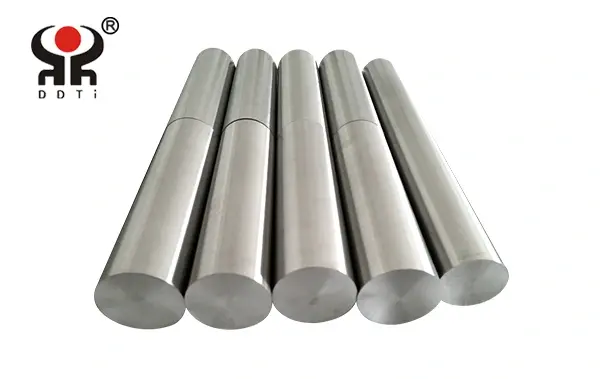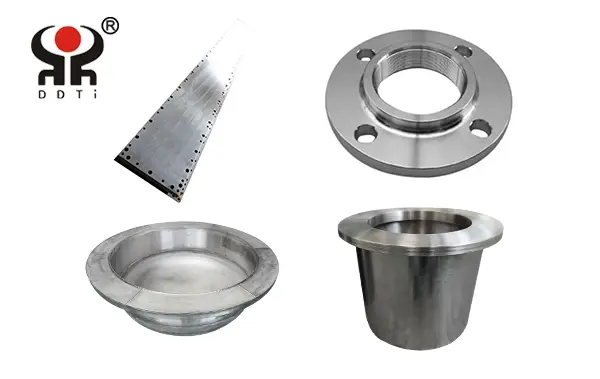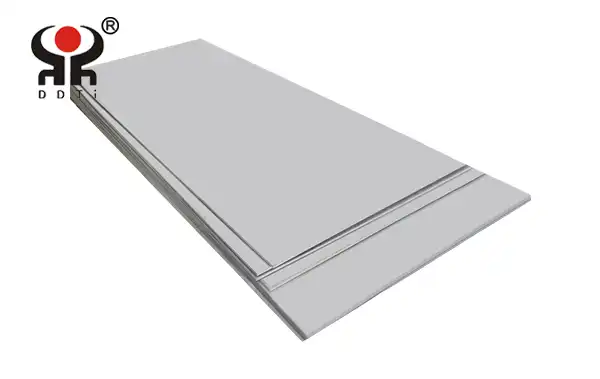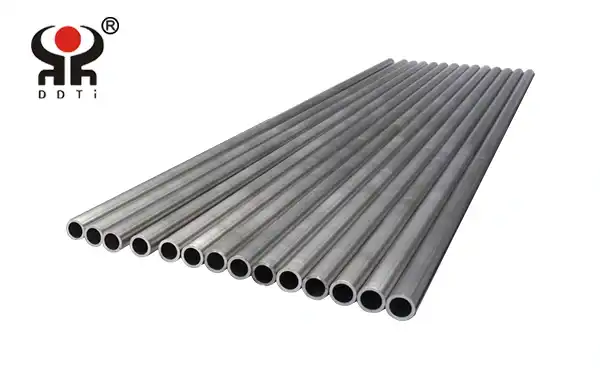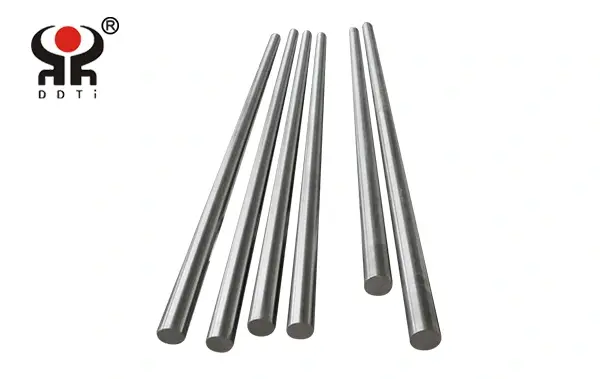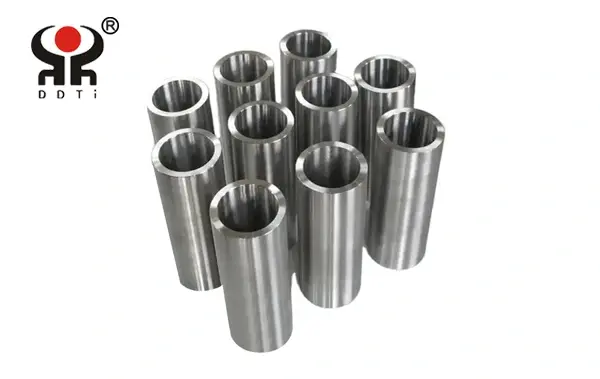Analysis of Key Technologies for Precision Grinding and Polishing of Titanium Alloys
2025-03-20 11:51:55
1、 Mechanical Grinding: Breakthrough Application of Superhard Abrasives
In response to the processing difficulties caused by the high reactivity (rapid reaction with oxygen and nitrogen at room temperature), low thermal conductivity (16.4 W/m · K), and strong adhesion properties of titanium materials, traditional abrasives are prone to surface burns (>300 ℃ phase transition temperature) and microcrack propagation. Research has shown that using superhard abrasives such as diamond (HV10000) or cubic boron nitride (HV4500), combined with an optimal linear speed of 900-1800m/min, can increase the grinding ratio by 3-5 times and stabilize the surface roughness Ra value within 0.2 μ m. Special attention should be paid to maintaining the sharpness of the grinding tool to avoid local temperature rise caused by abrasive passivation.
2、 Ultrasonic assisted grinding: a precision machining solution for complex structures
By generating instantaneous spatiotemporal effects through high-frequency vibrations at 20-40kHz, the 100-800 # silicon carbide abrasive particles can achieve multidimensional motion trajectories. Clinical tests have shown that this technology improves the processing efficiency of implant thread roots (R<0.2mm) by 60%, and reduces surface residual stress to<200MPa. However, due to the amplitude attenuation law (amplitude loss rate ≈ 1/d ²), multi axis linkage devices need to be used to compensate for energy loss when processing castings with a volume greater than 15cm ³.
3、 Electrochemical mechanical composite grinding: an innovative path for mirror processing
Based on the electrochemical mechanical synergistic mechanism, a conductive diamond grinding wheel (diameter 6mm, concentration 75%) was used to achieve a balance between material removal rate of 0.8mm ³/min and surface roughness Ra0.05 μ m under the conditions of 0.9% NaCl electrolyte, 5V DC electric field, and 3000rpm rotation speed. Anodic dissolution (accounting for approximately 35% of material removal) effectively suppresses mechanical stress concentration, making it particularly suitable for processing thin-walled components (thickness<0.5mm). At present, the problem of uniform processing of multiple curved surfaces of denture supports is being overcome through pulse power supply (with a duty cycle of 30% -70%) and three-dimensional electric field control technology.
The current technological development presents a trend of multi energy field composite, and new technologies such as laser assisted ultrasonic electrolytic composite polishing can improve surface integrity to the nanometer level. In the future, we need to focus on breaking through the contradiction between processing efficiency and adaptability to complex shapes, and promote the development of titanium material processing towards intelligence and precision.
Baoji Dingding Titanium Products Co., Ltd. specializes in producing high-quality medical titanium rods. Welcome to consult: 3412107@bjddt.com.
